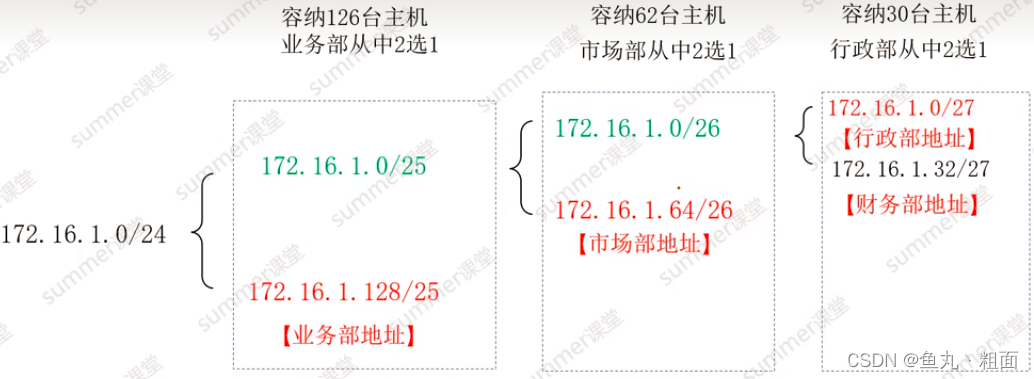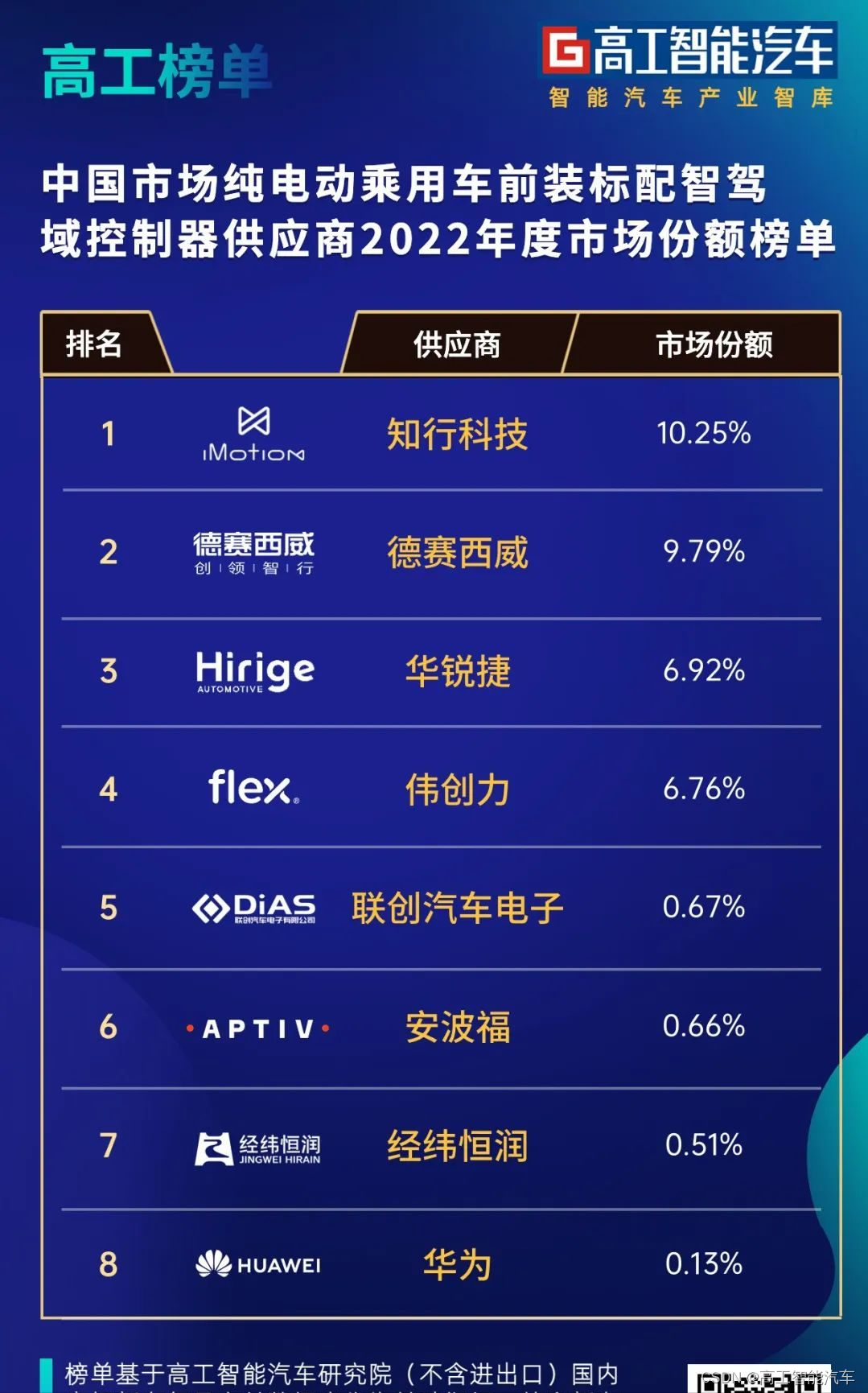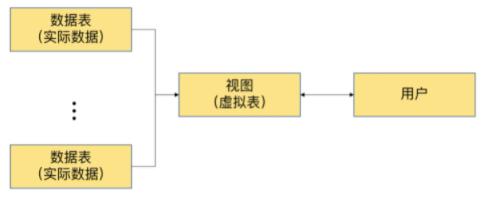1. 功能说明
在双轮小车上安装一个六轴陀螺仪传感器,本文示例将实现双轮小车自主平衡功能。

2. 电子硬件
在这个示例中,我们采用了以下硬件,请大家参考:
| 主控板 | Basra主控板(兼容Arduino Uno) |
| 扩展板 | Bigfish2.1扩展板 |
| 传感器 | 六轴陀螺仪 |
| 电池 | 7.4V锂电池 |
电路连接:
① 六轴陀螺仪传感器(GND、VCC、RX、TX)连接在Bigfish扩展板的Gnd、Vcc(3.3v)、RX、TX;
② 2个直流电机分别连在Bigfish扩展板的(5,6)、(9,10)。
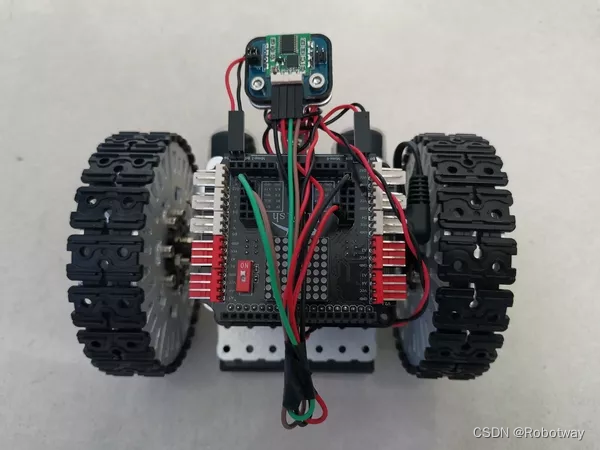
3. 功能实现
编程环境:Arduino 1.8.19
实现思路:实现小车的自平衡。当人为去打破小车的平衡时,小车能够自行恢复到平衡状态。这里当俯视小车时,小车处于水平位置代表平衡状态;前倾或后仰等均为非平衡状态。
3.1 测试数据
① 需要先测出陀螺仪沿Y轴的状态数据。下表是本实验中测试出的实验数据,大家可参考格式,测试出自己的实验数据。
| 物料 | 测试数据 |
| 陀螺仪的加速度包Y轴数据 | 沿Y轴俯仰陀螺仪时,数据从(-0.05,1.13)逐渐增大; 陀螺仪平放时的值为0.74; |
② 找准双轮小车的平衡状态(大家可尝试把锂电池安装在小车底部,让小车默认为平衡态)
3.2 示例程序
将参考例程(Gyroscope_Control_Car.ino)下载到主控板:
【程序源代码资料内容详见 双轮平衡车-自平衡】
/*------------------------------------------------------------------------------------
版权说明:Copyright 2023 Robottime(Beijing) Technology Co., Ltd. All Rights Reserved.
Distributed under MIT license.See file LICENSE for detail or copy at
https://opensource.org/licenses/MIT
by 机器谱 2023-04-25 https://www.robotway.com/
------------------------------*/
/*
功能:自平衡小车
接线:陀螺仪传感器(GND、VCC、RX、TX)接在扩展板的( Gnd、Vcc(3.3v)、RX、TX);
直流电机分别接在(5,6),(9,10)
*/
#include<Math.h>
#define Gyroscope_left_LimitAngle_Y -0.05 //读取到陀螺仪 Y 轴向前的极限数值
#define Gyroscope_Right_LimitAngle_Y 1.13 //读取到陀螺仪 Y 轴向后的极限数值
#define Gyroscope_Middle_LimitAngle_Y 0.74 //读取到陀螺仪 Y 轴平放时的数值
#define Motor_Pin_Count 4
/*
由于直流电机的物理差异,左右电机的速度值不同;
需要先微调两电机的pwm值,保证小车能走直线(否则会出现小车原地打转)
*/
#define left_Motor_Speed_Init 60 //左侧电机的初始速度(0-255)
#define right_Motor_Speed_Init 70 //右侧电机的初始速度(0-255)
#define Motor_Speed_Mix 0 //电机速度增量最小值
#define Motor_Speed_Max 20 //电机速度增量最大值
unsigned char Re_buf[11],counter=0; //存储陀螺仪数据的变量
unsigned char sign=0; //定义是否接收到陀螺仪数据的标志位
float a[3]; //用于存储x、y、z三轴的角速度包数值
int motor_pin[4] = {5,6,9,10};//定义电机引脚
int map_to_int[3] = {0,0,0}; //用于存储Y轴向左偏、向右偏、平放的数值
enum{Forward = 1,Back,Stop}; //定义电机前进、后退、停止三种状态
void setup()
{
delay(1000);Serial.begin(115200);//打开串口,并设置波特率为115200
for(int i=0;i<Motor_Pin_Count;i++){
pinMode(motor_pin[i],INPUT); //将电机的四个引脚设置为输出模式
}
map_to_int[0] = Gyroscope_left_LimitAngle_Y*100; //重新赋予陀螺仪 Y 轴向前的极限数值
map_to_int[1] = Gyroscope_Right_LimitAngle_Y*100; //重新赋予陀螺仪 Y 轴向后的极限数值
map_to_int[2] = Gyroscope_Middle_LimitAngle_Y*100; //重新赋予陀螺仪 Y 轴平放时的数值
}
void loop()
{
Get_gyroscope_And_Control();//读取陀螺仪参数,并判断平衡小车前倾、后仰或者是平放状态
}
//实时读取陀螺仪发送的数据(serialEvent()函数会自动运行)
void serialEvent() {
while (Serial.available()) {
Re_buf[counter]=(unsigned char)Serial.read();
if(counter==0&&Re_buf[0]!=0x55) return; //第0号数据不是帧头
counter++;
if(counter==11) //接收到11个数据
{
counter=0; //重新赋值,准备下一帧数据的接收
sign=1;
}
}
}判断双轮小车前倾、后仰或者是平放状态的参考程序(Gyroscope_Device.ino)如下:
/*------------------------------------------------------------------------------------
版权说明:Copyright 2023 Robottime(Beijing) Technology Co., Ltd. All Rights Reserved.
Distributed under MIT license.See file LICENSE for detail or copy at
https://opensource.org/licenses/MIT
by 机器谱 2023-04-25 https://www.robotway.com/
------------------------------*/
void Get_gyroscope_And_Control()//读取陀螺仪参数,并判断平衡小车前倾、后仰或者是平放状态
{
int gyroscope_acc_data= 0;
int map_data= 0;
if(sign)
{
sign=0;
if(Re_buf[0]==0x55) //检查帧头
{
switch(Re_buf [1])
{
case 0x51:
{
a[0] = (short(Re_buf [3]<<8| Re_buf [2]))/32768.0*16;
a[1] = (short(Re_buf [5]<<8| Re_buf [4]))/32768.0*16;
a[2] = (short(Re_buf [7]<<8| Re_buf [6]))/32768.0*16;
//把陀螺仪的加速度包的Y轴数据转换为直流电机的速度
map_data = fabs(a[1]) * 100; //fabs()取浮点数的绝对值
if( (map_data >= (map_to_int[2]-10)) && (map_data <= (map_to_int[2]+10)) )
{
//小车处于平衡态
Motor_State(Stop,0,0);
}
else if( (map_data < (map_to_int[2]-10)) && (map_data >= map_to_int[0]) )
{
/*当小车前倾,自行调整至平衡
假如现在获取到陀螺仪数据0.50,转换为50并进行映射为直流的pwm值过程
Motor_State(Forward,60+map(50,64,5,0,20), 70+map(50,64,5,0,20))
*/
Motor_State(Forward,left_Motor_Speed_Init+map(map_data,(map_to_int[2]-10),map_to_int[0],Motor_Speed_Mix,Motor_Speed_Max),right_Motor_Speed_Init+map(map_data,(map_to_int[2]-10),map_to_int[0],Motor_Speed_Mix,Motor_Speed_Max) );
}
else if( (map_data <= map_to_int[1]) && (map_data > (map_to_int[2]+10)) )
{
//当小车后仰,自行调整至平衡
Motor_State(Back,left_Motor_Speed_Init+map(map_data,(map_to_int[2]+10),map_to_int[1],Motor_Speed_Mix,Motor_Speed_Max),right_Motor_Speed_Init+map(map_data,(map_to_int[2]+10),map_to_int[1],Motor_Speed_Mix,Motor_Speed_Max) );
}
}break;
}
}
}
}
void Motor_State(int _mode, int _left, int _right)//电机状态函数
{
switch(_mode)
{
case Forward: {analogWrite(motor_pin[0],_right);analogWrite(motor_pin[1],0);analogWrite(motor_pin[2],_left);analogWrite(motor_pin[3],0);}break;
case Back: {analogWrite(motor_pin[1],_right);analogWrite(motor_pin[0],0);analogWrite(motor_pin[3],_left);analogWrite(motor_pin[2],0);}break;
case Stop: {analogWrite(motor_pin[0],0);analogWrite(motor_pin[1],0);analogWrite(motor_pin[2],0);analogWrite(motor_pin[3],0);}break;
}
}
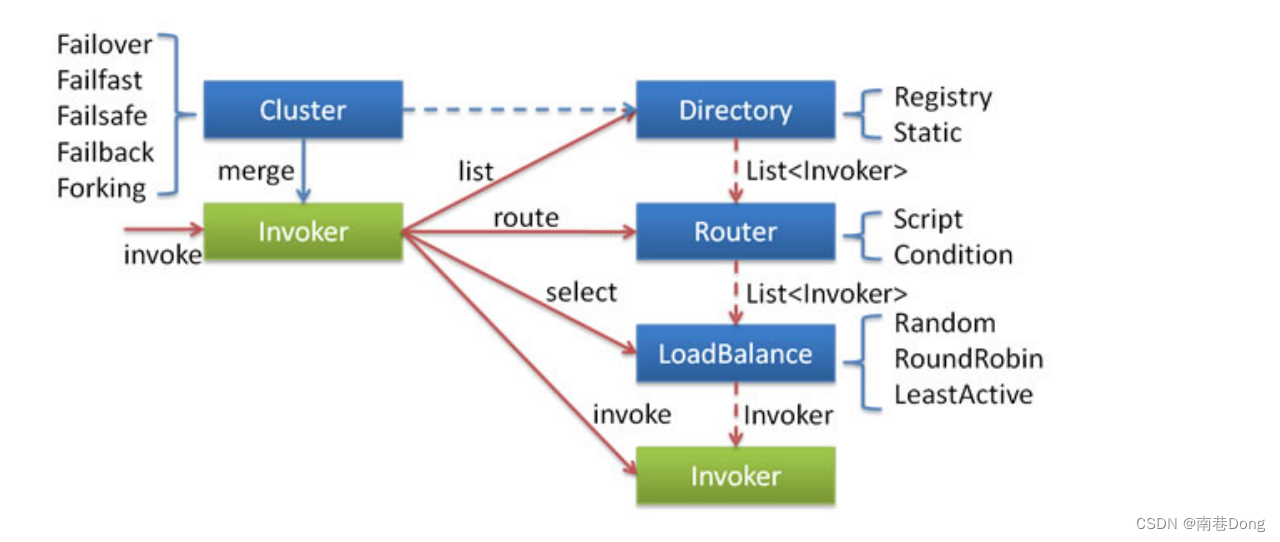


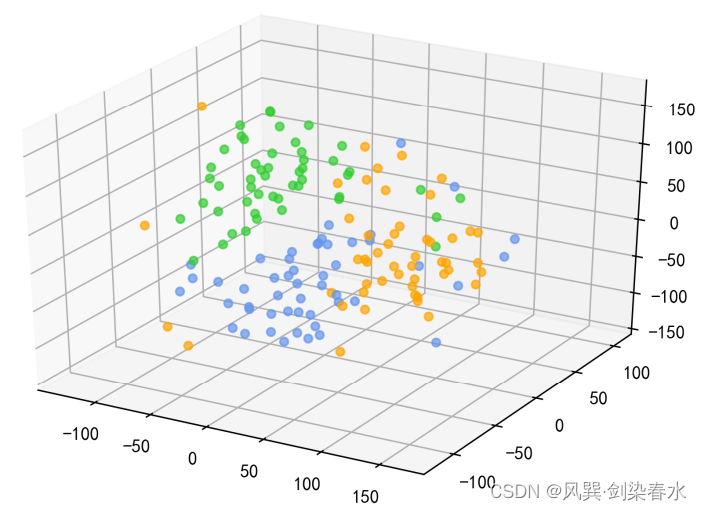

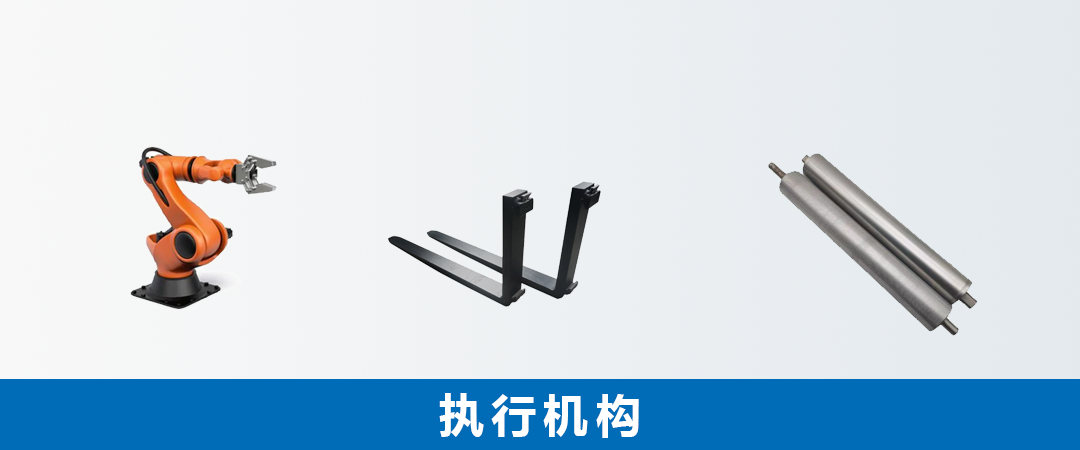

![深度学习基础入门篇[9.2]:卷积之1*1 卷积(残差网络)、2D/3D卷积、转置卷积数学推导、应用实例](https://img-blog.csdnimg.cn/img_convert/5522720459e122e93f0176ed852f1a12.gif)


